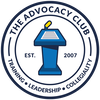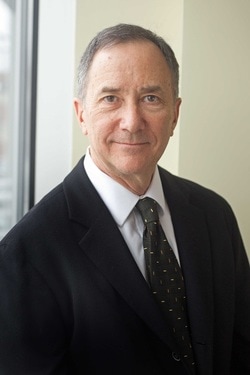|
by John Hollander
In his guest blog, Andrew Ferguson wrote about what it takes to make a good mentee. Here I will discuss the other party – the mentor. Unlike many specialties and roles that are open to lawyers, mentors are not trained. Almost any lawyer can become a successful mentor. Success is very much in the eye of the beholder. Ask the mentee whether the mentorship effort was worthwhile. If the answer is yes, then the mentor was a good one. There are two skills that define the good mentor: listening and sharing. Listening A great deal has been written on “attentive” or “active” listening. It requires ability, willingness, and capacity. Good listening is an art. Do we pay attention to the person who is speaking? What is the other person really trying to say to us? Are we giving off good or bad vibes? Do we invite an honest sharing? Does what the other person says mean anything to us? Does it seem like that from our behavior? Sharing Mentorship is a two-way street. The mentee needs something that mentor has to offer. That means we have to share it willingly, without expectation of reward. It might be advice. It might just be asking questions. It might be sharing our experience, even the bad experience. It might be sharing experience without guidance (lessons learned). The object is not to entertain, but neither is it to instruct. Good mentors share. A mentor might say, “This is what works for me.” or, “Here are some possibilities. Will one of these work for you?” Really, the mentor asks, “Let's talk about the choices that you see are open to you.” Mentorship is not judgment. The mentee needs a relationship free from value judgments. How deeply do we as lawyers "relate" to our trial judges, opponents, and colleagues conducting business with us? There is so much stiffness, so much baggage that infects the relationship we have with our professional peers as we conduct ourselves professionally. We have to shed all of this and relate, really relate, to our mentees. Without this, what is the point?
1 Comment
8/28/2021 12:21:27 am
I agree! One thing that really accelerated my career was having a Mentor! I use Lisnic to connect with mine and would definitely recommend joining the platform if you are looking to scale a startup or small business!
Reply
Leave a Reply. |
AuthorA trial lawyer since 1978, I have extensive experience in the art of asking questions, both in and out of the courtroom. I use my expertise to teach lawyers how to ask questions effectively to build rapport in interview situations. I also help politicians develop the skills necessary to adeptly handle questions from debate opponents, from the press and from the public. I am the author of a series of handbooks on the subject of interview skills for professionals. ArchivesCategories |
© 2022 Advocacy Club Books Inc. • All Rights Reserved • Website Design by Rebecca K. Hollander
E-mail: [email protected]
LinkedIn: linkedin.com/in/john-hollander-80687112
E-mail: [email protected]
LinkedIn: linkedin.com/in/john-hollander-80687112


 RSS Feed
RSS Feed